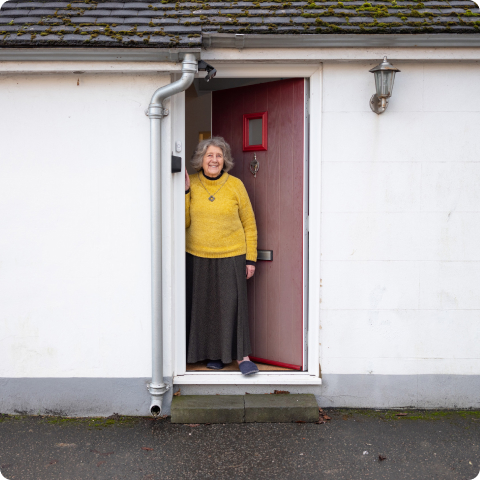If you’re looking for live in care either for yourself or a loved one, you are probably wondering how to go about funding it. The cost of live-in care can be high, and the funding model can seem somewhat hard to understand.
An option that many people find they want to investigate is local authority funding. But there are often some misconceptions about such financing. Some people wrongly believe that local authority funding is freely available to everyone at any amount required. Others are under the mistaken impression that there is no local authority funding available, or they don’t know what the situation with local authority funding is for live-in care. This page will help shed some light on this topic and help point you in the right direction around local authority funding.

What is a local authority
Every person in Britain lives under a local authority. These local councils have responsibility for specific things, including services like education and some social care elements.
What form your local authority takes might differ depending on where you are, and councils have different names, so the local authority responsible for live-in care in your area might change from place to place. In most places, either the borough council, city council, or county council has responsibility for such social services. Elected councillors run local councils and are the decision-makers, but the operational work is done by paid staff. You can find details of your local council from its website or by calling them and being directed to the relevant department.
Do local authorities
fund Live-in care?
Local authorities do fund live-in care (there are exceptions), which is a step in the right direction for those concerned about the prospect of their loved ones needing care in the future. Local councils have an extensive process for administering the system and are responsible for setting up their eligibility criteria.


How does
Live-in care compare with
residential care?
One important point to note is that opting for live-in care instead of a care home could have far-reaching financial effects in terms of local authority funding. As outlined above, much local authority funding for care has a means test or similar financial test before it’s awarded.
It’s not certain that this will be the case; however, you should ensure you do your research into whether it will apply to your loved one. It might be the case that your specific situation doesn’t entitle you to funding. Be careful to bear it in mind when deciding between live-in care and a care home because it could be helpful.
What about other care options?
When deciding about live-in care, it’s important to know about other alternatives. The main one is residential care, and the good news is that local authorities can fund residential care. However, live-in care continues to be one of the best types on the market. It allows your loved one to remain in their homes, which can positively affect mental health and dignity. It can also mean that a good relationship is built between the carer and your loved one as they share the same space.
What about other care options?
When deciding about live-in care, it’s important to know about other alternatives. The main one is residential care, and the good news is that local authorities can fund residential care. However, live-in care continues to be one of the best types on the market. It allows your loved one to remain in their homes, which can positively affect mental health and dignity. It can also mean that a good relationship is built between the carer and your loved one as they share the same space.
Overall, the local authority live-in care funding picture is mixed. Some people can access some forms of this funding, but not everyone, and it comes down to individual circumstances. It’s no wonder that there’s some confusion around local authority funding for live-in care.
It’s a good idea to consult an expert for advice. For some people, this might be an independent financial advisor, preferably one who has some experience in care and how the care sector works. For others, the Citizens’ Advice Bureau or other sources of community-based support are available.
Provided that your advice source is legitimate, knowledgeable, and independent, it’s good to establish the options available to you.
Need more information?
If you would like more information about live-in care and the options that are available, you can call us on 0204 5166004. Our dedicated team are on hand to answer any questions on how Lifted Care can help you or your loved ones.
It’s simple to get started
Speak to our experts
Our care experts assess your loved one’s needs and together you design the support that’s right for you.
Get Lifted
We’ll match you with our Carers and get started. We’re here
to help every step of the way.


